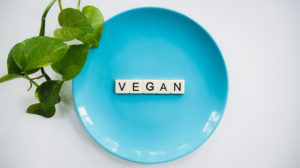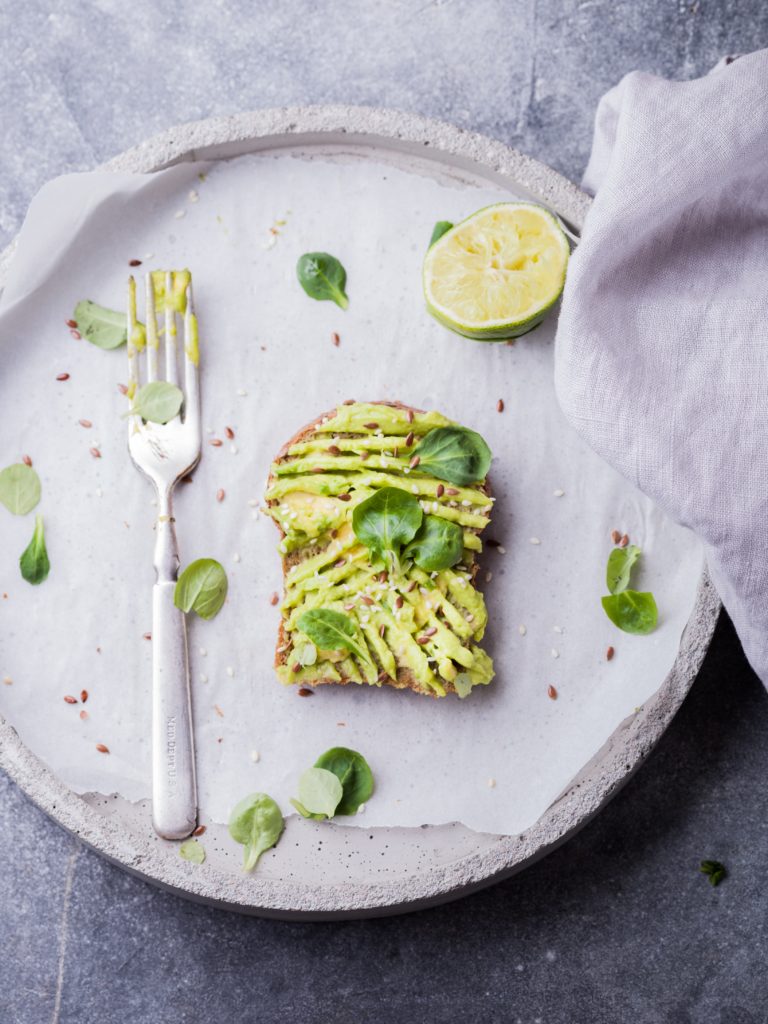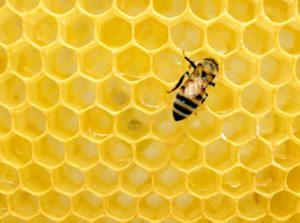When I first went vegan in 2013, I joined an online forum for plant-based eaters. One of the threads discussed a woman who became extremely picky about the type of water she drank. Her obsession with “pure” water resulted in her being dehydrated often and ultimately she became extremely unwell.

That story has stuck with me throughout the years because I sometimes wonder, how far is too far? Almost everything we consume in North America comes with a warning label and a hefty argument concerning some negative aspect about the product. I can’t count the number of times someone sincerely asked me why killing animals is not okay but killing plants is. And at the risk of sounding a little undereducated to other vegans, I’ll admit, sometimes I truly ponder that question.

As environmental and ethical vegans, our basic mission is preventing the harm of animals to save the earth or to save a life. But, we also want to do good for the planet as a whole and make sure the people of this planet are treated equally. We want the food we eat to be from sustainable sources and the cruelty-free clothes we wear to be made from workers paid a fair wage.
But to many, the mission doesn’t stop there. Organic, pH balanced, local, macrobiotic, raw, waste-free, BPA-free, non-GMO, wild, no sugar, no dried fruit, high-carb low-fat, etc… The list of requirements a food or product must meet is growing longer by the minute. But don’t get me wrong—I do think food should meet these requirements and it’s great that companies are striving to meet these goals, but let’s be real—eating that way isn’t always an option, and I’ve found more often than not, I struggle with finding things to eat. When I do eat something that doesn’t fit my requirements out of necessity, I feel guilty about it.

The “is honey vegan?” debate seems to have been settled among the vegan community long ago, due to the fact that bee lives are harmed in the process of getting humans their honey. According to The Vegan Society, “The honey industry, like many other commercial industries, is profit-driven where the welfare of the bees is often secondary to commercial gain.”
But wait a minute, where else are bees exploited in order to bring food products to humans? Oh yeah, in the fruit and vegetable industry—the main part of our vegan diet. The same principle that discounts honey as being vegan can certainly be applied to most fruits and vegetables, especially avocados—a vegan staple.

The reason this principle applies is that in America, many states don’t have the amount of bees required to produce the amount of food required by us. So farmers practice migratory beekeeping, which is just a fancy way of saying renting bees. They bring these bees into their crop fields during the “plant’s most fertile window,” reports The Washington Post. “Without migratory bee keeping, the Unites States would lose one-third of their crops.” This statistic demonstrates how much this practice is used and how likely we are to consume a food that came from this practice.

Migratory beekeeping actually does hurt the bees: “continually boomerang[ing] honeybees between times of plenty and borderline starvation. Once a particular bloom is over, the bees have nothing to eat, because there is only that one pollen-depleted crop as far as the eye can see.” Two of the points against consuming honey used in vegan debates, are that the bees are given a sugar replacement syrup which doesn’t contain the nutrition they would normally get from the wild and that harvesting honey can lead to colony collapse. Interestingly enough, migratory beekeeping yields the same results.

So what do we do as environmental and moral vegans living in Western society? We make exceptions out of necessity and then shake our heads at others who do the same. What gives us the right to preach to others the harm of their diets, if we are causing harm in our own and turning a blind eye? How many vegans will stop eating avocados and research which farms use migratory beekeeping, avoiding their products? It all makes me wonder.
Also by Nea: I Originally Went Vegan To Stay Slim—Here’s What Happened Instead
Get more like this—Sign up for our daily inspirational newsletter for exclusive content!
__
Photo: Thought Catalog, Rosenke, Liftz, Jaglicic, Medvedeva, Rader, Asoggetti; Unsplash.




